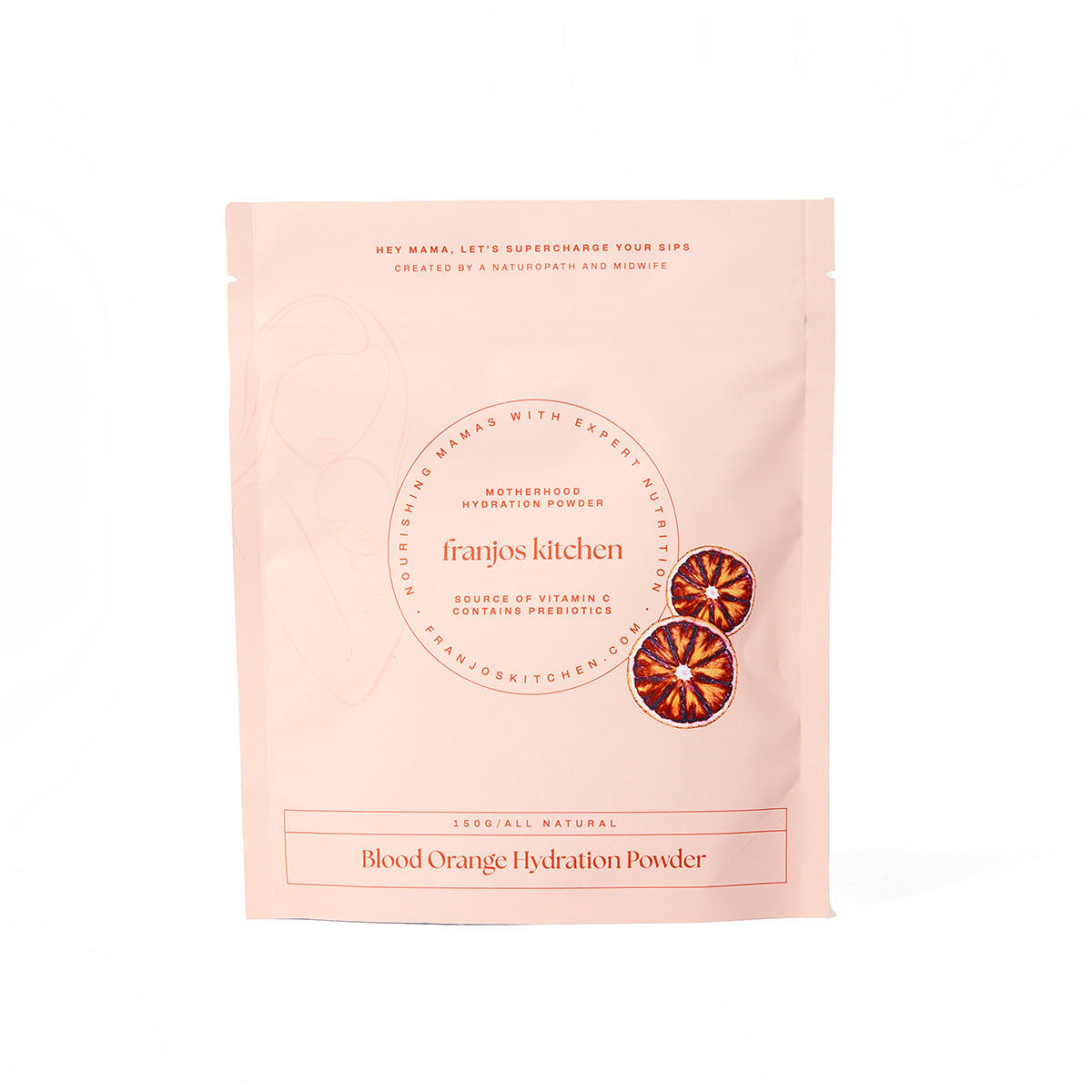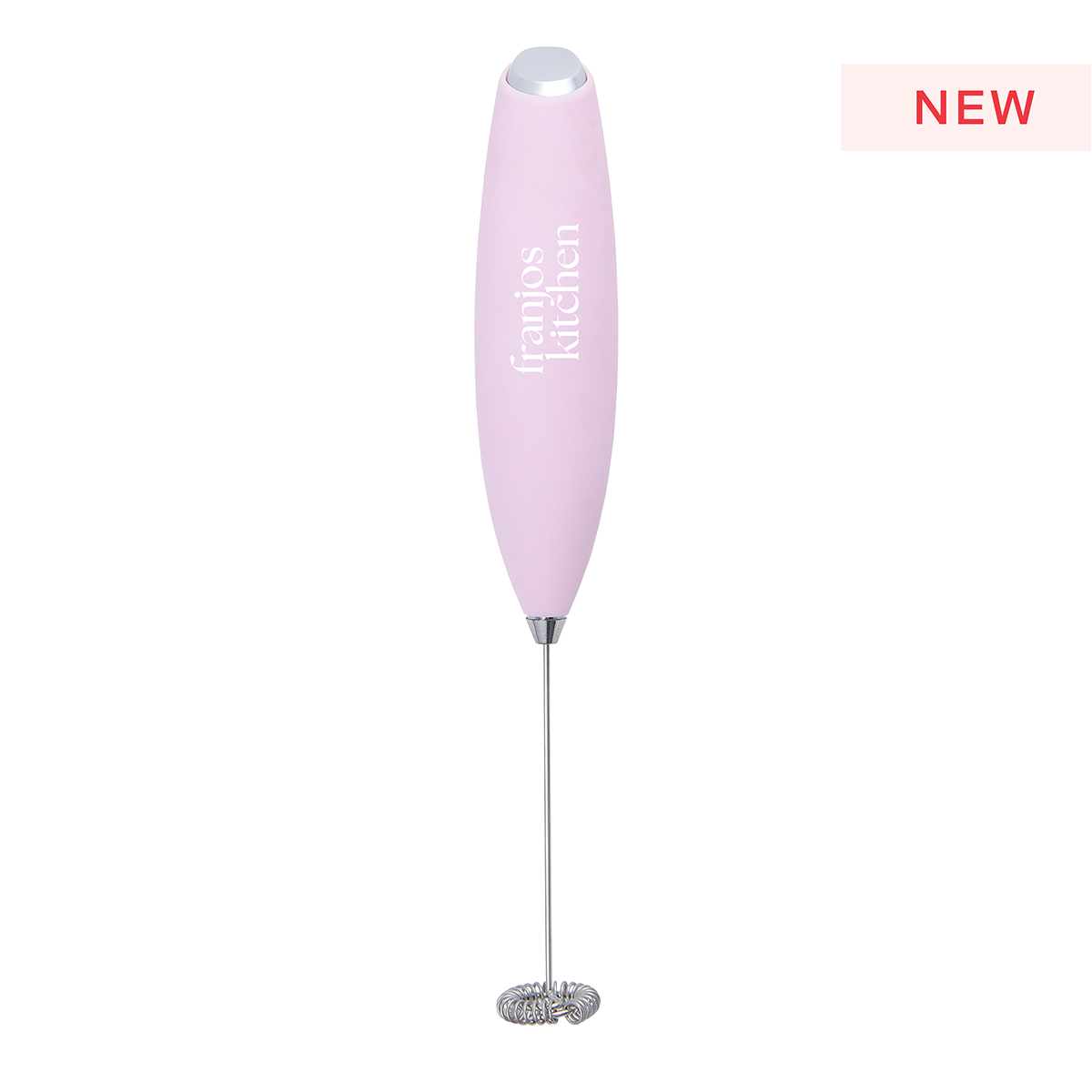Part 2: What to Expect in the Second Trimester
Your body is one-third of the way through the incredible process of developing and growing your baby from a microscopic egg and sperm. An egg has been fertilised, implanted into your uterus, and has been developing for 12 weeks now. Hopefully, the morning sickness is improving or passing as you transition into the second trimester. Changes will continue to occur, some more visible externally during this trimester.
What is the second trimester?
A full-term pregnancy is roughly 40 weeks or nine months and is divided into three segments or trimesters - 1st, 2nd and 3rd trimester. The second trimester is the middle part of the pregnancy, classified from 13 weeks pregnant to 26 weeks. Many mamas begin to feel more energized as they transition into this part of their pregnancy. You will have regular antenatal appointments, usually every 4 weeks, to ensure you and bub are healthy, and your healthcare provider will start listening to your baby’s heartbeat from around week 20.
What is happening internally during the second trimester?
Throughout the second trimester, your baby is growing rapidly, developing and looking more like a human being. Your uterus is growing bigger to accommodate your baby, which is noticeable from the outside too.
Weeks 13-14: your baby is 7.5cm long and weighs around 30 grams. At this time, their genitals are developing, and their kidneys start producing urine
Weeks 15-16: bub is putting on weight rapidly and now weighs 80-100 grams and is 10cm long. The body is growing faster than their head, and hair begins to grow. Ears are forming, and your baby will start to hear the sound of your heartbeat and recognise your voice
Weeks 17-18: adipose tissue, or a fat layer, form on your baby’s skin which helps them gain weight. Now 150-200 grams and 15cm long, with lines on their fingers beginning to form fingerprints. Your baby’s bowel begins to fill with meconium, their first poo after they are born
Weeks 19-20: as their growth continues, your baby will hit 300 grams and be 15cm long. They will move freely in the amniotic sac, and you will begin to feel these movements between 19 and 22 weeks. The movements may feel like flutters or a flicking sensation, with them being active for 6 hours a day. A morphology scan is typically done around 20 weeks, where your baby’s organs, brain and limbs are assessed and the position of the placenta. You are halfway through your pregnancy, and your uterus has grown bigger and is now at your belly button!
Weeks 21-22: your baby’s brain is rapidly developing, and they may start to suck their thumb. Your baby will be around 400 grams and 20cm long. The kicks will be getting bigger, and soon your partner will be able to feel them. Your baby’s ears and eyes are now fully developed, and they also have fingernails
Weeks 23-24: your baby will be 500-600 grams now, getting bigger and bigger as the weeks go on. Surfactant is coating the inside of their lungs, which is vital for breathing when they are born. Hiccups are often felt anytime from now
Weeks 25-26: in the last few weeks of the second trimester your baby’s eyelids will open, and brain waves will regulate to what they see and hear. Baby is over 800 grams and 23cm long, growing more fat and muscle and may respond to you poking your stomach. Your healthcare provider will discuss the glucose tolerance test (GTT), generally recommended around week 26, to determine if you have gestational diabetes.
What are the signs or external symptoms of the second trimester?
As your uterus and baby grow rapidly in the second trimester, so you will notice a slight bump appearing. You may experience ligament pain or body aches as your body stretches to accommodate your growing uterus. During this changing and stretching, you may see stretch marks on your stomach and breasts from now into the third trimester. Your breasts will continue growing larger, and the areola will begin to darken. As your baby grows, your body produces excess blood and this additional fluid and blood mean you will gain more weight in the second trimester. Weight gain is normal, and 11-16kg is average for the whole pregnancy.
From around 18 weeks, you may have increased vaginal discharge or mucous, which is expected and you may need to wear a liner or pad. As your hormones change in the second trimester, you can also experience increased or decreased libido; every mama is different. Due to these hormones, your emotions can continue be all over the place and you can feel great some days and other days have a low mood and worry, make sure you are talking to those around you about how you are feeling. As this trimester progresses, you will feel more pressure on your bladder and need to urinate more often. It is also a great idea to see a women’s health physiotherapist and start working on your pelvic floor to decrease the chance of bladder leakage. Food cravings or aversions, heartburn and constipation can still hang around in the second trimester; some medications can help, so chat to your healthcare provider. It’s important to continue eating well and staying hydrated and active during the second trimester; walking, swimming and yoga are great for your physical and mental wellbeing. Our range of naturopath designed pregnancy products can help you feel energised and nourished - you can check them out here.
Things to remember and consider as you near the end of your second trimester:
- Make a list of the big items you will need for your baby’s arrival (pram, car seat, cot) and prepare to order them soon
- As your bump grows, you may need to buy comfortable loose maternity clothes and get fitted for a maternity bra (no underwire is recommended)
- As your tummy grows, wear your seatbelt underneath your bump when in the car
- Educating yourselves and undertaking antenatal/birth classes (book them in now!)
- When do you intend to start maternity leave and inform your workplace
- How long will your partner be able to take off work to support you
- Who is around to help you and your partner after your baby is born
- Discuss with your family about expectations of visiting your baby after birth, for example; getting the whopping cough vaccination, washing their hands and not kissing the baby. Your baby your rules
- You only have 3 months left before you welcome this baby into the world so spend quality one-on-one time with your partner while you can; take a weekend or even a week away, sleep in or enjoy fancy dinners and night out!
This is general advice only and does not replace the need for medical advice.
Image: Dani Bonnor



